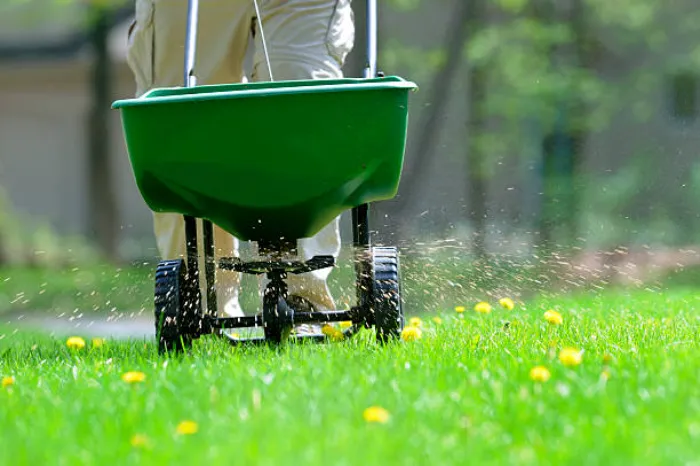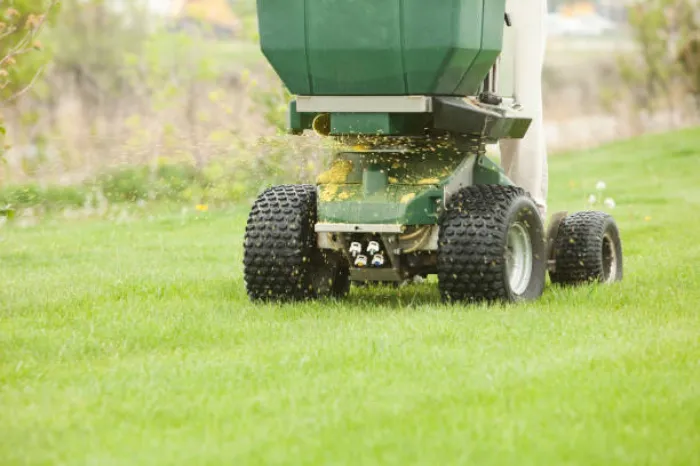How Often Should You Fertilize Your Lawn?
Key Insights for a Healthy, Vibrant Lawn
Maintaining a lush, green lawn involves several essential practices, with fertilization being a critical component. Understanding how often should you fertilize your lawn is vital for its health and appearance. Proper fertilization ensures your grass receives the nutrients it needs to thrive throughout the year.
Understanding Lawn Fertilization
Fertilization provides essential nutrients like nitrogen, phosphorus, and potassium, which are crucial for grass growth and health. Different lawns have varying nutrient needs based on grass type, soil quality, and climate. Therefore, it’s important to tailor your fertilization schedule to your specific lawn conditions.
Seasonal Fertilization Guide
The frequency of lawn fertilization largely depends on the season. Generally, you should fertilize your lawn about four times a year: early spring, late spring, summer, and fall. Each season plays a unique role in lawn health:
- Early Spring: Kickstart growth after winter dormancy.
- Late Spring: Support robust growth and prepare for summer stress.
- Summer: Maintain health during heat and drought.
- Fall: Strengthen roots and prepare for winter.
Identifying Your Grass Type
Different grass types have different fertilization needs. Cool-season grasses like Kentucky bluegrass and fescue typically require more frequent fertilization, especially in the fall. Warm-season grasses like Bermuda and St. Augustine benefit from fertilization during their peak growth periods in late spring and summer.
Soil Testing: A Crucial Step
Before determining how often you should fertilize your lawn, conduct a soil test. Soil tests provide valuable information about nutrient levels and pH balance. Understanding your soil’s current condition helps in selecting the right type and amount of fertilizer, preventing over-fertilization and nutrient deficiencies.
Signs Your Lawn Needs Fertilizer
Observing your lawn can also guide your fertilization schedule. Signs that your lawn needs fertilizing include yellowing grass, slow growth, and thinning areas. If you notice these symptoms, it might be time to adjust your fertilization routine to address nutrient deficiencies.
Understanding How Often Should You Fertilize Your Lawn
In conclusion, knowing how often should you fertilize your lawn is essential for its overall health and appearance. By following a seasonal fertilization schedule, conducting soil tests, and choosing the right fertilizer, you can maintain a beautiful, thriving lawn. Regular care and attention to your lawn’s needs will result in a vibrant outdoor space you can enjoy year-round. Reach out Elite Landscaping Services for expert lawn fertilization services in Allen, TX. Call us (469) 309-7052 today!

